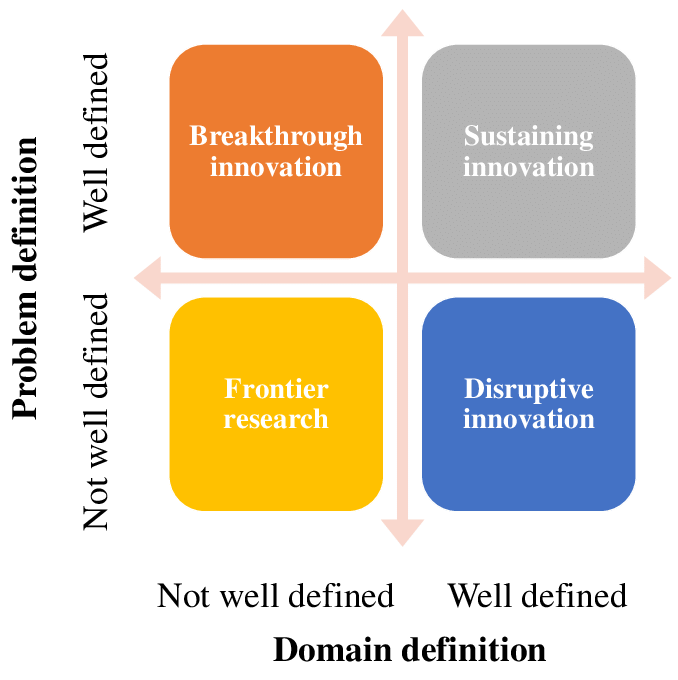This article continues our project explaining the stanzas of Sun Tzu’s work. The English and Chinese are from my award-winning translation, The Art of War and The Ancient Chinese Revealed. Start here for the book’s opening lines.
The five lines discussed in this article are at the end of the Third Section of Chapter 5. This chapter explains how strategic Momentum is created by the interruption of direct actions with surprise. It offers a big picture view of surprise, momentum, and why surprise requires restraint but why that restraint is dangerous.
Since we organize our world into hierarchies, let us spend a moment thinking about the hierarchy of possible surprises and innovations. We often think of surprise simply as doing the unexpected, but some surprises are more than that. They are innovations, ideas that work well enough to become standard practice. All new information is a surprise. Sometimes, this information is true. Existing, direct, proven methods are not surprising. Anything different is a surprise, but most new moves do not work. More novel ideas aren’t better; they are just less likely to be on the right track. The better any innovation works, the more powerful the surprise is.
The world of primitive people had as much resources as our world does. What they lacked was the knowledge of how to access and use those resources. We have accumulated those tools and knowledge over the millennia. Sun Tzu saw that there was a hidden, infinite hierarchy of innovations that we do not yet have access to, but which we learn to explore over time.
Today, surprise is increasingly recognized as the very definition of new information. Claude Shannon of MIT innovated information theory in the fifties as defining information itself as “unpredictable bits.” That idea became the theoretical foundation of modern computing and communications. Shannon realized that in most communications, only the surprising, non-predictable part is needed.
Winning Comparisons
(In the quotations below, we summarize each Chinese character as a single English word shown in < > brackets. A sentence from my English translation follows.)
Sun Tzu starts with the biggest possible picture of the competitive process:
<Correct> <make> <good> <battle> <is>
You must create only winning battles.
We use correct, working ideas to compete. This first line echoes one from the prior chapter on Positioning. The lesson there was that we first choose positions that we can defend. Since the context here is momentum and surprise, this line is about safely moving our positions forward. People compare our positions to those of others, but they also compare the moves we make. “Battles” are points of comparison. Whenever we advance our position, we are inviting such comparisons.
The next line is about the influence of momentum on the judgments that people make about us:
<This> <influence> <dangerous>
Your momentum must be overwhelming.
Notice the choice of the word “dangerous” here. Momentum is dangerous both to our opponents and to ourselves. If we use our momentum well, we advance. If we fail to use our momentum, we hurt our own positions in the minds of others.
The rest of this article is reserved for our paid subscribers. Become a free subscriber for weekly previews and one monthly free article. To get all weekly articles become a paid subscriber.
Keep reading with a 7-day free trial
Subscribe to Practical Strategy Based on Sun Tzu's Art of War to keep reading this post and get 7 days of free access to the full post archives.





